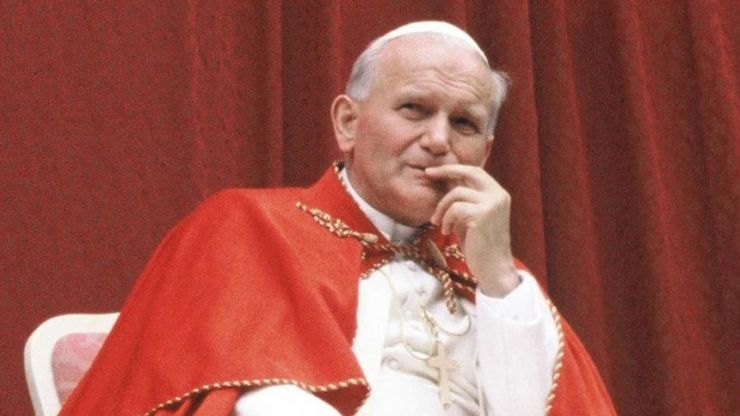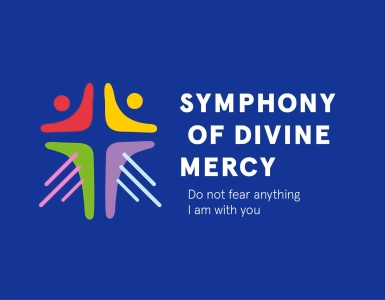Living in the communist system has deepened his vision of the Church, openness to ecumenism and social issues. These experiences also prepared him for his mission in the universal Church, as well as for the role of a reliable partner in dialogue with other Communities and with the modern world. On the one hand, Archbishop Wojtyła skillfully captured the interest, good climate around the Churches of Central and Eastern Europe, which, despite the conditions remained internally free and faithful to the Gospel. On the other hand, he was presenting how the Church, especially in Poland, prepared to overcome not only the difficulties arising from oppression of communism, but also the moral problems coming from the West, from the so-called liberal world. For Karol Wojtyła, the Second Vatican Council was a truly groundbreaking moment. He was saying that he is a “debtor of the Council”. He got a huge baggage of experience and new views base on which he reinterpreted his episcopal ministry and formed the life of the Kraków’s Church community, among which is the establishment of a diocesan synod. Archbishop Wojtyła proved that he is not afraid of the Council. On the contrary, he eagerly was looking for the fruits which it will bear to the community of believers. He tried to apply the council’s teaching to the Polish ground and pastoral soil, naturally with a great care, but without prejudice, and above all with great hope and joy. The period of implementation of the Council’s ideas was a time of happiness, both for the Archbishop of Krakow and for the Archdiocese and for the Church in Poland.
With the permission of Cardinal Stanisław Dziwisz – “Testimony”
TBA Publishing House, Warsaw 2007





